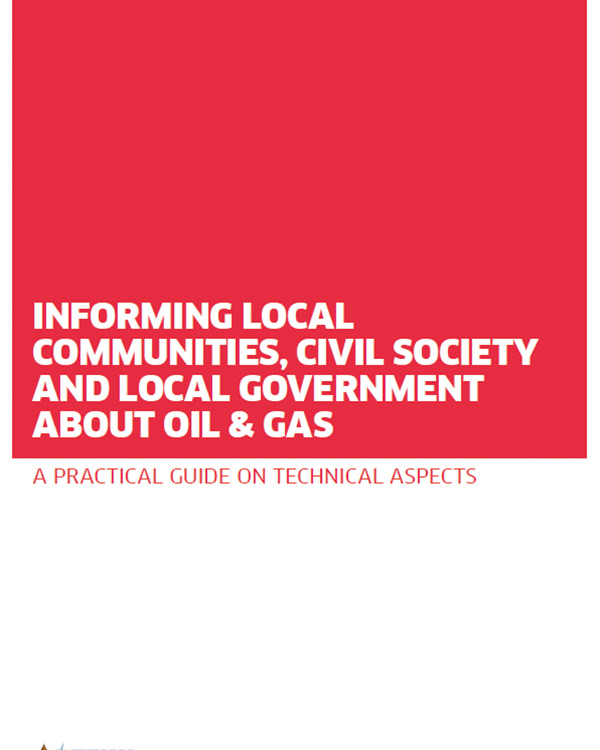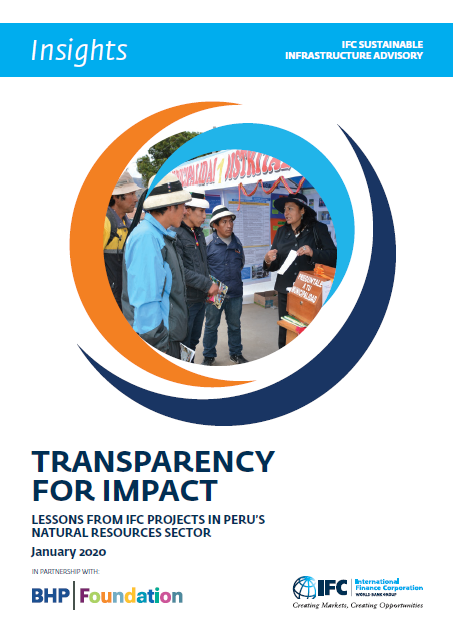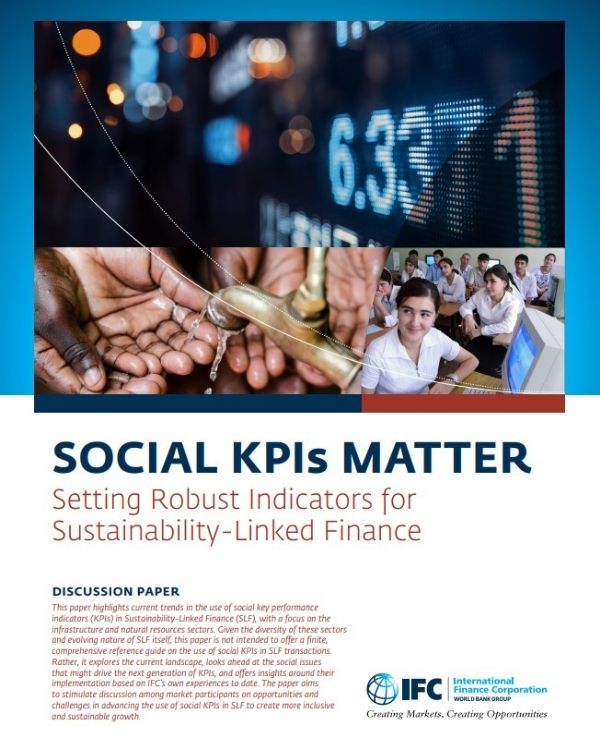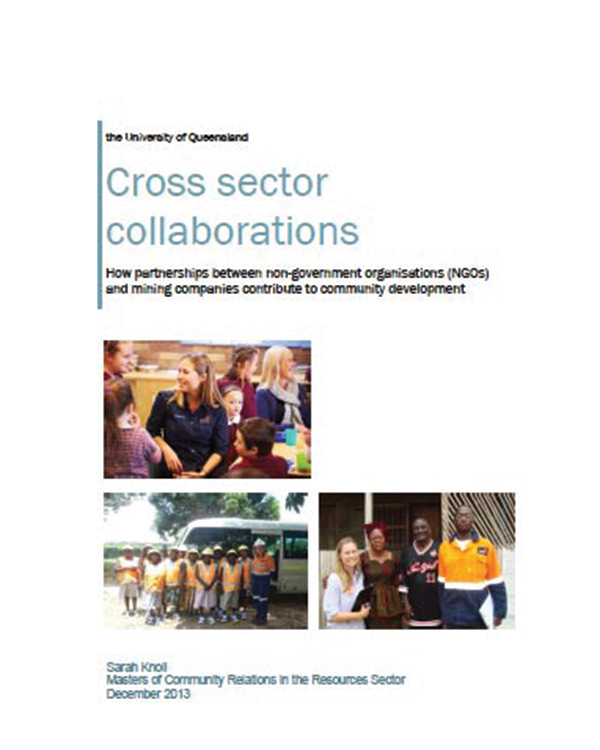Publication
Jun 10, 2019
This paper offers insights into the unique social challenges and opportunities for wind and solar developers. It distills lessons from the experiences of wind and solar companies in securing and maintaining social license to operate by ensuring that local communities share in the benefit from their projects.
Share
-
Share on Facebook
Share on Facebook
-
Share on Twitter
Share on Twitter
- Share on Linkedin
- Share by Mail
Related Content
Informing Local Communities, Civil Society and Local Government about Oil & Gas
Community Investment and Partnerships
Stakeholder Engagement
Social KPIs Matter: Setting Robust Indicators for Sustainability-Linked Finance (Updated)
Community Investment and Partnerships
Stakeholder Engagement
How Partnerships between Non-Government Organizations (NGOs) and Mining Companies Contribute to Community Development
Community Investment and Partnerships
Stakeholder Engagement



